Table of Contents
As we all know that we need Protein in our Daily Life, and my Fitness Freaks friends will have heard from their trainer many times, “Brother, if you take the protein then your body or physique will become very awesome…” and this Like many people cheat such Newbie’s, so many times these Newbies have to face many kinds of Problems,
So in this post, I will give you all the information about it.
Watch Video to Easily Understand
Credit: BODYMOVE INDIA
What is Protein?
It is a type of Organic Molecule made up of Amino Acids (the building blocks of life), these amino acids are connected to each other by chemical bonding, and create 3D Structures, which are used in the body’s Functioning, Movement And it is very important for Growth.
- Essential Amino Acids: The amino acids that the body itself can manufacture
- Conditionally Essential Amino Acids:They do not require much, for example, when we are in a state of rest.
- Non-Essential Amino Acids:The amino acids that the body itself can not manufacture
| Essential amino acids | Conditionally essential amino acids | Nonessential amino acids |
|---|---|---|
| Histidine | Arginine | Alanine |
| Isoleucine | Cysteine | Asparagine |
| Leucine | Glutamine | Aspartic acid |
| Lysine | Tyrosine | Glutamic acid |
| Methionine | Proline | |
| Phenylalanine | Serine | |
| Threonine | ||
| Tryptophan | ||
| Valine |
Why we need it?
You may have heard from your trainer several times that muscles break up by doing the workout; that’s right when we do any hard work, our muscle fibers break, but when we take Protein Shakes or Protein Meal, the protein present in it will compensate it. And recovering muscles, our body uses the protein to make enzymes, hormones, and other body chemicals in the body, for this it can be said that this is a very important building block which can be found in bones, muscles, cartilage, skin, And it is necessary for blood to be formed and.
Types of Protein Powder.
Protein powder is obtained from animal and plant-based food items like- Dairy products, Meat, Cereals, Eggs, etc.
Usually, it has 3 forms
1- Protein concentrates
To produce these, heat and some special types of acids and enzymes are used, they contain 60-80% protein and the remaining 20-30% is carbs and fat.
2- Protein isolates
This is also a kind of filtered protein in which extra carbs and fat are also removed from concentrated protein, then it contains 90-95% protein.
3- Protein hydrolysates
They are produced by heating further with acids or enzymes, which breaks the bond between amino acids. This allows your body to absorb them more quickly and allows your muscles to absorb them more easily.
Whey Protein
Whey is the most popular Protein Supplement in the market. There is a by-product to be obtained during the milk change process in cheese.
These are known to promote lean muscle growth and fat loss, as well as support cardiovascular health and a healthy metabolism. The body is quickly absorbed by the body, so it is useful for post-workout recovery.
Casein Protein
It is another protein powder. Casein is produced using a separation process applied to milk which can concentrate or isolate the protein of milk with carb and fats.
it offers similar benefits to whey but with a different release process. Because the casein takes time to digest, according to research, it is preferable to optimal protein before going to bed.
Egg Protein
As the name suggests it comes from the EGG! It is a complete protein that separates the yolk and the dehydration of the white part of the egg is dehydrated.
Apart from just protein, egg protein is rich in vitamins and minerals which can contribute to a healthy diet.
Soya Protein
Soya beans are one of the few protein sources found in some plants that provide all essential amino acids. The highest demand for soybean is recommended by each vegetarian for a good plant-based protein source.
The protein found in soybean can help improve the body’s immune function and promote bone health. Soya may help prevent heart disease and also reduce the risk of some cancers.
Brown Rice Protein
Yes, It’s Is really shocking, Although rice is often known only for carbohydrates, Brown Rice is becoming a source for vegetarian protein.
In addition to protein, brown rice is considered a good source of complex carbohydrate, vitamin B, and fiber. It is easily digested and therefore almost completely used by the body.
Hemp Protein
Hamp protein emerges from the cannabis plant’s seed, which has become very popular in recent years. Although the hemp is related to marijuana, it contains only a very small amount of psychoactive constituent Tetrahydrokinabinol (THC).
It is rich in omega-3 fatty acids and many essential amino acids. However, this is not considered a full protein because there is a very low level of amino acid lysine and leucine. Often known as “superfood” due to the mixture of essential fatty acids, hemp is favorable for herbivores and is highly hypoallergenic.
Pea Protein
Pea protein comes from yellow split peas, which is a popular choice of vegetarians
With plant-based proteins, it is hypoglycemic. And with some additives or artificial materials, it is good for all those people who are looking for protein sources near the whole-food source. If you do not like peas? So do not worry, the protein does not taste like it.
How Much do we Need?
Usually, experts recommend that a common person should take 0.8Gm / Kg protein i.e. a person of 68 kg should take about 54 grams in 24 hours.
This amount is only for the survival of Protein Deficiency, it is not necessary enough, mainly for those people who are either Athlete or too much and hard work on a Regular Basis.
These types of people need at least about 1.4-2.0 g / kg and a 68kg athlete of approximately 95-100 gram protein.
What happened if you consume in the wrong manner?
Typically protein is very important for human life as well as beneficial in fat loss but if we use its Excess, it can also cause many types of problems.
- Weight gain
- Bad Breath
- Constipation
- Diarrhea
- Dehydration
- Kidney Damage
- Increased Cancer Risk
- Calcium loss
I hope Guys This post is helpful for you, if you have any kind of advice or suggestion, please be sure to comment in the comments.

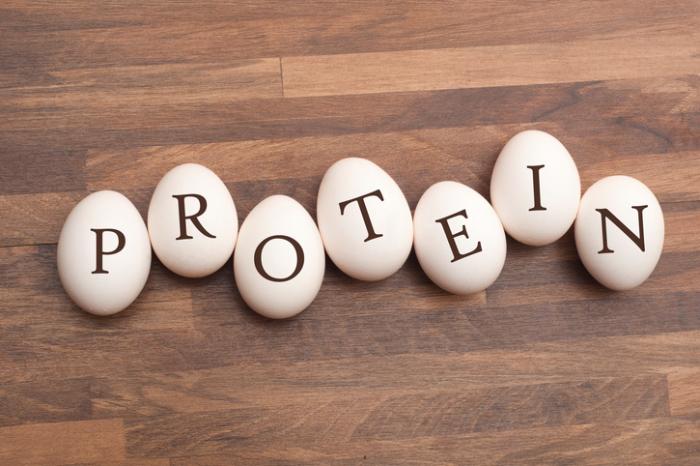
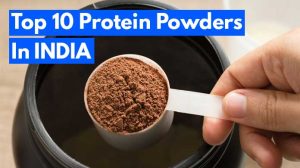
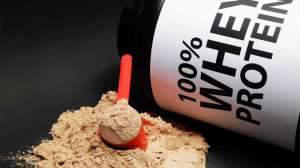
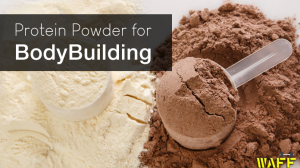
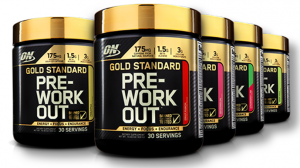
awesome…..
Thank you so much Shiva.